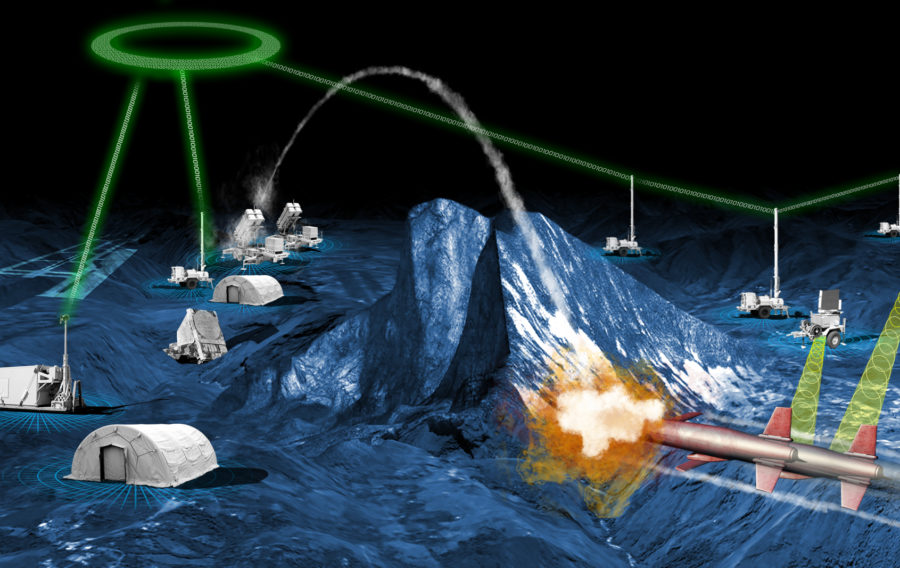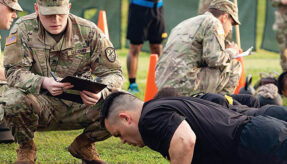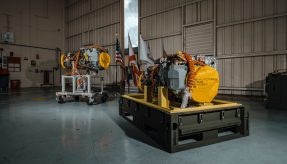
Northrop Grumman’s Integrated Air and Missile Defense (IAMD) Battle Command System (IBCS) has successfully detected, tracked and simulated engagements with hostile targets at the White Sands Missile Range in New Mexico.
During the live air test, IBCS demonstrated its ability to combine data from sensors and various information sources to engage with real and simulated fixed-wing, rotary-wing, cruise missile and tactical ballistic missile threats.
For testing purposes, military aircraft such as the F-15 and F-16 fighter jets and the slower-moving C-12 turboprop were used as surrogates, replicating the flight patterns of hostile targets along a flight corridor of the White Sands Missile Range.
The test was designed to evaluate the various hardware and software functions of the US Army’s future IAMD “system of systems,” of which Northrop Grumman’s IBCS is the centrepiece. Twenty IBCS components were involved in the trial, including IBCS engagement operations centres and integrated fire control network relays.
“IBCS continues to show high levels of performance and reliability,” said Dan Verwiel, Vice President and General Manager of Missile Defense and Protective Systems at Northrop Grumman. “As the command-and-control backbone of the army’s future air and missile defense enterprise, IBCS will undergo increasingly complex tests as it works through development and prepares for operational fielding in the future.”
Bill Lamb, Northrop Grumman’s Director of Integrated Air and Missile Defense added: “In a dynamic and changing environment, taking advantage of the open, non-proprietary, configurable nature of an IAMD enterprise is imperative for enabling warfighter capabilities to outpace threats and allowing for the addition of capabilities not previously planned at a much reduced cost.”
“IBCS makes legacy systems relevant for today, and provides a path for the next-generation of IAMD that is affordable. Continued testing with army soldiers in realistic environments is the best way to ensure IBCS and the wider army IAMD architecture is ready to meet the operational needs of the warfighter.”
If you would like to join our community and read more articles like this then please click here.







